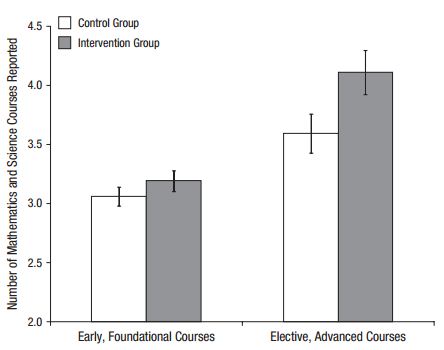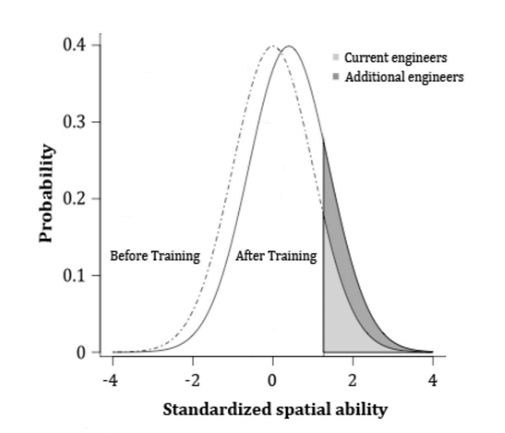In his most recent speech, he accused his political opponents of favoring "Downton Abbey-style" education (meaning one that perpetuates class differences), he evoked a 13 year old servant girl reading Keats, and he cited as an inspiration the late British reality TV star Jade Goody (best known for being ignorant), and Marxist writer and political theorist Antonio Gramsci.
Predictably, press coverage in Britain has focused on these details. (So, of course, have the Tweets.) The Financial Times and the Telegraph pointed to Gove's political challenge to Labour. The Guardian led with the Goody & Gramsci angle.
But these points of color distract from the real aim. The fulcrum of the speech is the argument that a knowledge-based curriculum is essential to bring greater educational opportunity to disadvantaged children. (The BBC got half the story right.)
The logic is simple:
1) Knowledge is crucial to support cognitive processes. (e.g., Carnine & Carnine, 2004; Hasselbring, 1988; Willingham, 2006).
2) Children who grow up in disadvantaged circumstances have fewer opportunities to learn important background knowledge at home (Walker et al, 1994) and they come to school with less knowledge, which has an impact on their ability to learn new information at school (Grissmer et al 2010) and likely leads to a negative feedback cycle whereby they fall farther and farther behind (Stanovich, 1986).
Gove is right. And he's right to argue for a knowledge-based curriculum. The curriculum is most likely to meliorate achievement gaps between advantaged and disadvantaged students because a good fraction of that difference is fueled by differences in cultural capital in the home--differences that schools must try to make up. (Indeed, a knowledge-based curriculum is a critical component of KIPP and other "no excuses" schools in the US.)
I'm not writing to defend all education policies undertaken by the current British government--I'm not knowledgeable enough about those policies to defend or attack them.
But I find the response from Stephen Twigg (Labour's shadow education secretary) disquieting, because he seems to have missed Gove's point.
"Instead of lecturing others, he should listen to business leaders, entrepreneurs, headteachers and parents who think his plans are backward looking and narrow. We need to get young people ready for a challenging and competitive world of work, not just dwell on the past." (As quoted in the Financial Times.)
It's easy to scoff at a knowledge-based curriculum as backward-looking. Memorization of math facts when we have calculators? Knowledge in the age of Google?
But if you mistake advocacy for a knowledge-based curriculum as wistful nostalgia for a better time, or as "old fashioned" you just don't get it.
Surprising though it may seem, you can't just Google everything. You actually need to have knowledge in your head to think well. So a knowledge-based curriculum is the best way to get young people "ready for the world of work."
Mr. Gove is rare, if not unique, among high-level education policy makers in understanding the scientific point he made in yesterday's speech. You may agree or disagree with the policies Mr. Gove sees as the logical consequence of that scientific point, but education policies that clearly contradict it are unlikely to help close the achievement gap between wealthy and poor.
References
Carnine, L., & Carnine, D. (2004). The interaction of reading skills and science content knowledge when teaching struggling secondary students. Reading & Writing Quarterly, 20(2), 203-218.
Grissmer, D., Grimm, K. J., Aiyer, S. M., Murrah, W. M., & Steele, J. S. (2010). Fine motor skills and early comprehension of the world: Two new school readiness indicators. Developmental psychology, 46(5), 1008.
Hasselbring, T. S. (1988). Developing Math Automaticity in Learning Handicapped Children: The Role of Computerized Drill and Practice. Focus on Exceptional Children, 20(6), 1-7.
Stanovich, K. E. (1986). Matthew effects in reading: Some consequences of individual differences in the acquisition of literacy. Reading research quarterly, 360-407.
Walker, D., Greenwood, C., Hart, B., & Carta, J. (1994). Prediction of school outcomes based on early language production and socioeconomic factors. Child development, 65(2), 606-621.
Willingham, D. T. (2006). How knowledge helps. American Educator, 30(1), 30-37.









 RSS Feed
RSS Feed